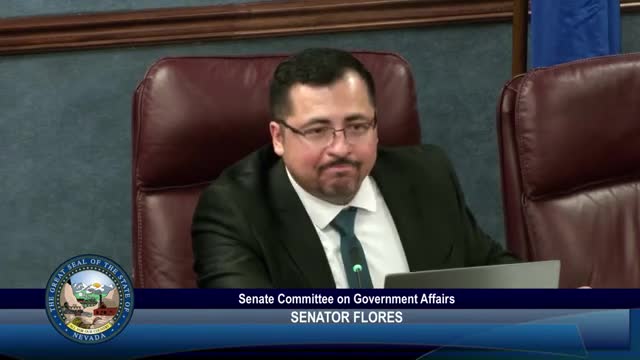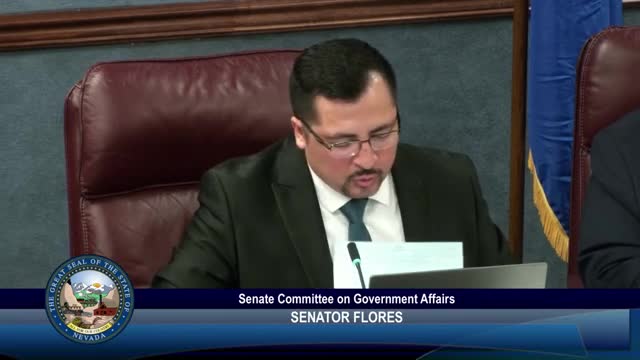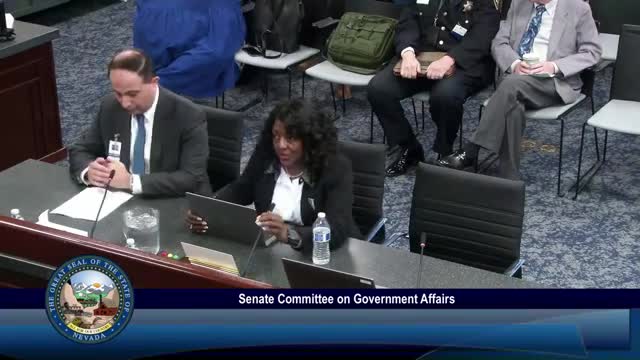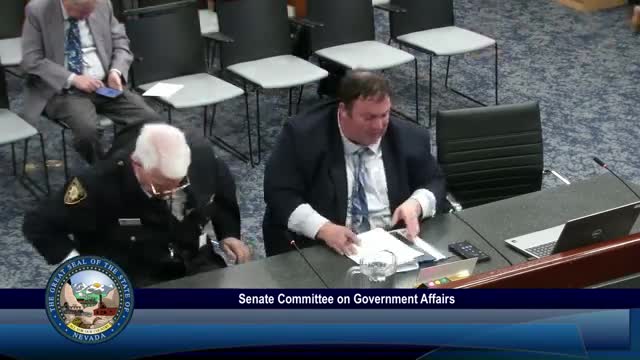Article not found
This article is no longer available. But don't worry—we've gathered other articles that discuss the same topic.

Senate hears SB 2 96 on confidentiality agreements; counties and cities seek clarifications

Senate panel hears SB 3 80: autism training for officers and temporary RBT registration draw strong support and board opposition

Senator Taylor’s bill would require government units to accept multiple payment types from businesses

